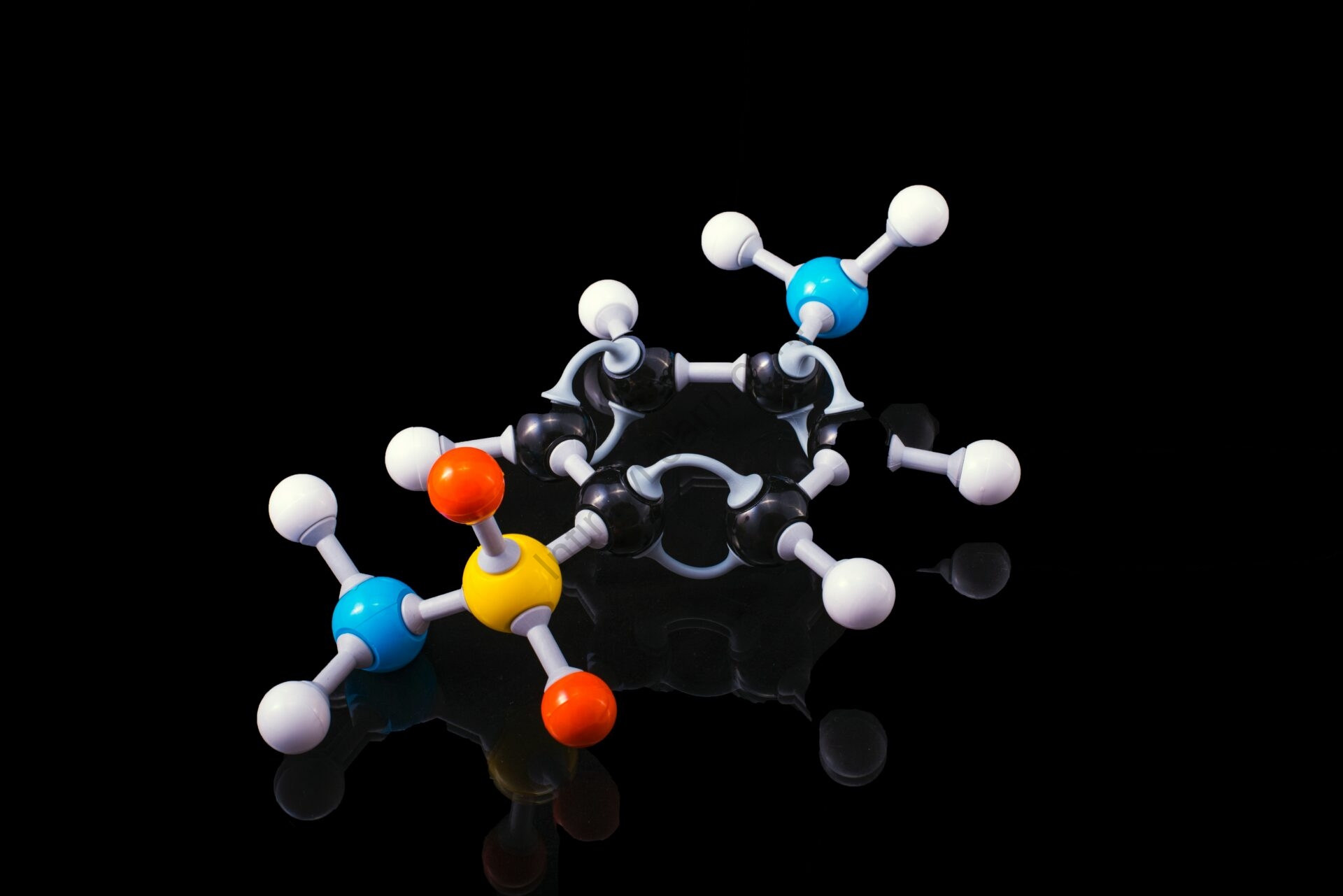Table of Contents
Entrance tests, such as JEE, test your ability to memorize in addition to your analytical abilities. As a result, students should assign Inorganic Chemistry the same weight. We’ll show you how to study inorganic chemistry in a simple way. Starting early and reading in sections is the ideal approach to study for JEE, as studying everything in one sitting can lead to a lot of confusion. A few pointers for students who are struggling with Inorganic Chemistry are provided below.
The periodic table – an overview
Inorganic Chemistry is built on the Periodic Table. The position and qualities of the elements should be studied in intriguing and fruitful ways. Making a flow chart or a concept map to comprehend property patterns is the best technique to learn about this subject. This will make the Periodic Table more intriguing and easier to remember.

Studying metallurgy
Another major topic in inorganic chemistry is this. Aspirants must create the most effective method for studying and comprehending this subject. To begin, learn about all metallurgical procedures and their applications. And after that, look into the various elements. Metallurgy is a branch of materials science and engineering that investigates the physical and chemical properties of metallic elements, intermetallic compounds, and alloy mixes. Metallurgy is the science and technology of metals, i.e. how science is used to metal manufacture and the engineering of metal components used in consumer and industrial products. Metalworking as a craft is not the same as metallurgy. For technological advancement, metalworking is reliant on metallurgy, much as medicine is reliant on medical science. A metallurgist is a metallurgist who specializes in the discipline of metallurgy. Remember that you should not memorize or mutter this knowledge; otherwise, you will be unable to comprehend it. Make a flow chart and carefully follow it for a better understanding of this chapter.
Found out about the chemical reaction
This is one of the scoring themes, and understanding the context in which these replies are written is the greatest approach to learn about it. Make it a habit to translate word equations into chemical equations expressed in terms of chemical formulas. Also, one of the finest techniques for comprehending and memorizing formulas is to balance your reactions and write and practice the formula.
Read combination compound
This is a topic that is both analytical and interesting. It necessitates appropriate problem-solving practice. Isomerism is one of the scoring sub-topics in this topic. Practice is the most effective technique to gain a thorough understanding of this subject.
Analytical chemistry:
This is the last and most basic topic in inorganic chemistry. Therefore, it can be learned easily. The majority of this topic is covered in the lab, providing students with practical experience.
Properties of inorganic chemistry
It’s difficult to generalize the properties of inorganic compounds because the class is so large. Many inorganics, on the other hand, are ionic compounds, with cations and anions connected by ionic bonds. These salts are classified as oxides, halides, sulphates, and carbonates. Main group compounds, coordination compounds, transition metal compounds, cluster compounds, organometallic compounds, solid-state compounds, and bioinorganic compounds are some more classifications for inorganic compounds.
What inorganic chemist do
They may research materials, learn how to synthesise them, create practical uses and goods, teach, and lessen inorganic compounds’ environmental impact. Government organizations, mining, electronics businesses, and chemical companies are some of the industries that engage inorganic chemists. Materials science and physics are closely related fields. Obtaining a doctorate degree is usually required to become an inorganic chemist (Master or Doctorate). The majority of inorganic chemists go to college to study chemistry. As solids, many inorganic compounds are poor electrical and thermal conductors, have high melting temperatures, and are easily crystalline. Some are water-soluble, whereas others aren’t. Positive and negative electrical charges are usually balanced to generate neutral substances. Minerals and electrolytes are examples of inorganic compounds found in nature.
Where is inorganic chemistry used?
Catalysts, pigments, coatings, surfactants, pharmaceuticals, fuels, and other inorganic compounds are utilized in a variety of applications. They frequently have high melting points and specialized electrical conductivity qualities, making them valuable for specific applications. Consider the following scenario:
- Ammonia is a nitrogen source in fertilizer. It is one of the major inorganic chemicals used in the production of nylons, fibres, plastics, polyurethanes, hydrazine (used in jet and rocket fuels), and explosives.
- Polyvinyl chloride (used in pipes, clothing, and furniture), agrochemicals (e.g., fertiliser, pesticide, or soil treatment), medicines, and chemicals for water treatment and sterilisation are all made with chlorine.
- Titanium dioxide is the naturally occurring oxide of titanium, used as a white powder pigment in paints, coatings, plastics, paper, inks, fibres, food, and cosmetics. It also has strong ultraviolet light resistance, and its usage in photocatalysts is becoming more popular.
FAQs
What is the scope of inorganic chemistry?
Inorganic chemistry is the study of the synthesis, structure, and behavior of inorganic and organometallic compounds. Catalysis, materials science, paints and pigments, surfactants, coatings, pharmaceuticals, fuels, and plastics are just a few of the applications for inorganic chemistry.
What role does inorganic chemistry play in our daily lives?
Inorganic compounds are used in a wide range of applications, including catalysts, pigments, coatings, surfactants, medicines, fuels, and other inorganic compounds. They have high melting points and unique electrical conductivity qualities, making them ideal for a variety of applications. Ammonia is a nitrogen source in fertilisers, for example.
What are some examples of inorganic compounds in daily life?
Water, sodium chloride (salt), sodium bicarbonate (baking soda), calcium carbonate (dietary calcium supply), and muriatic acid are examples of typical inorganic compounds (industrial-grade hydrochloric acid). High melting points and varying degrees of electrical conductivity are common characteristics of inorganic substances.









